
Selected Articles and Blog Posts
-
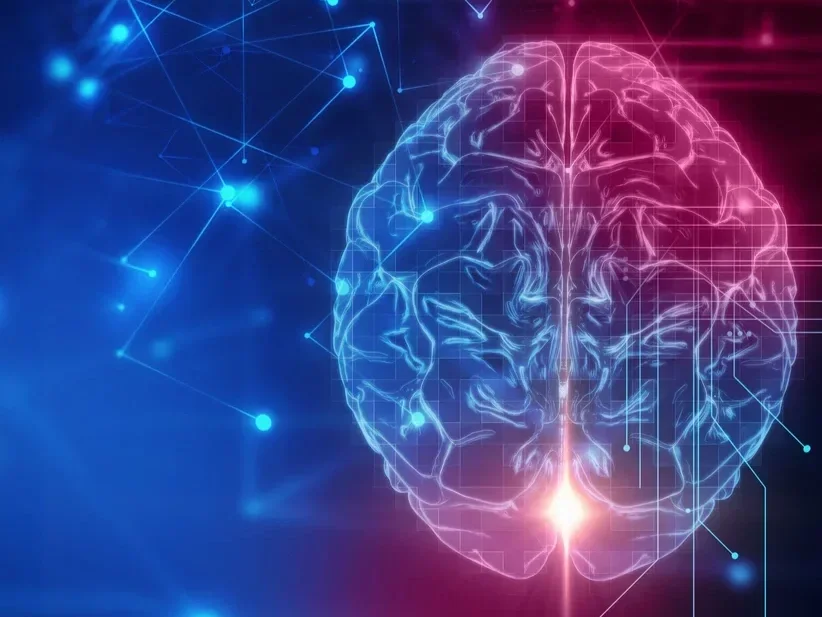
Can Science Explain The Human Mind?
Research reveals that people think some aspects of the mind are harder for science to capture than others.
-

How Not to Name Your Baby
A humorous reflection on the limits of evidence-based decision making.
-
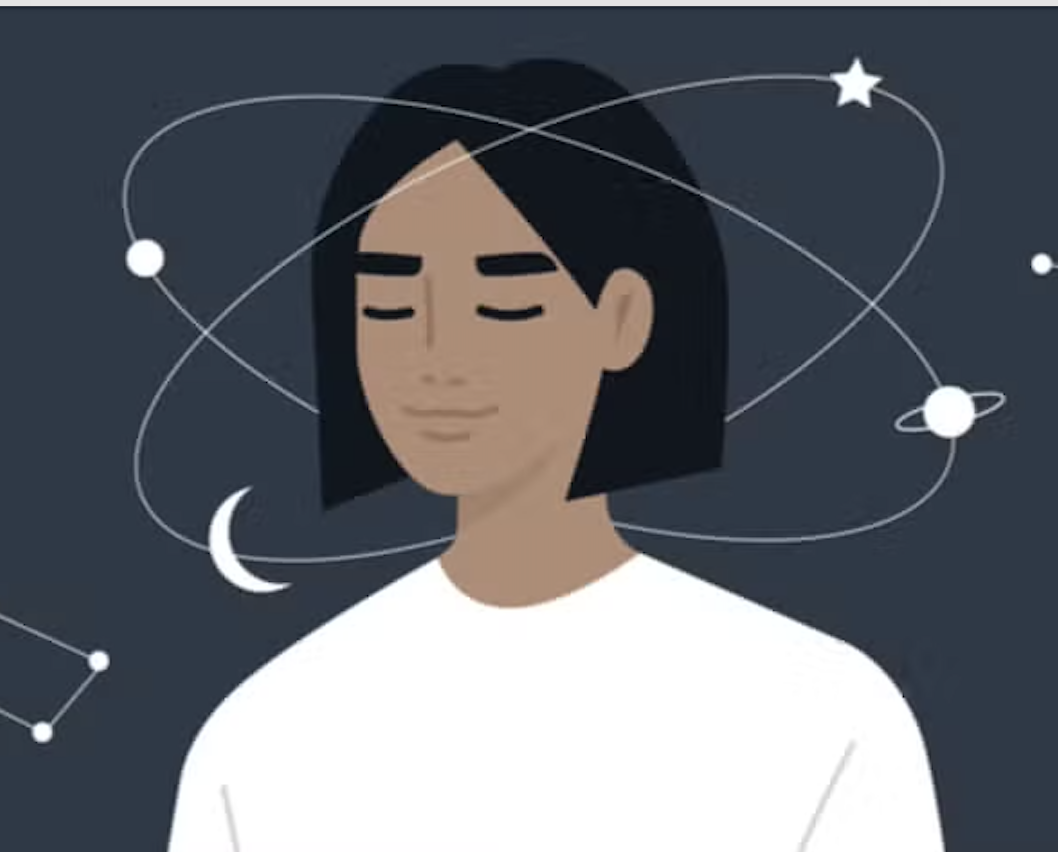
Existential Comfort Without God
Can natural explanations to life’s big questions be as consoling as religious ones?
Podcasts and Interviews
-
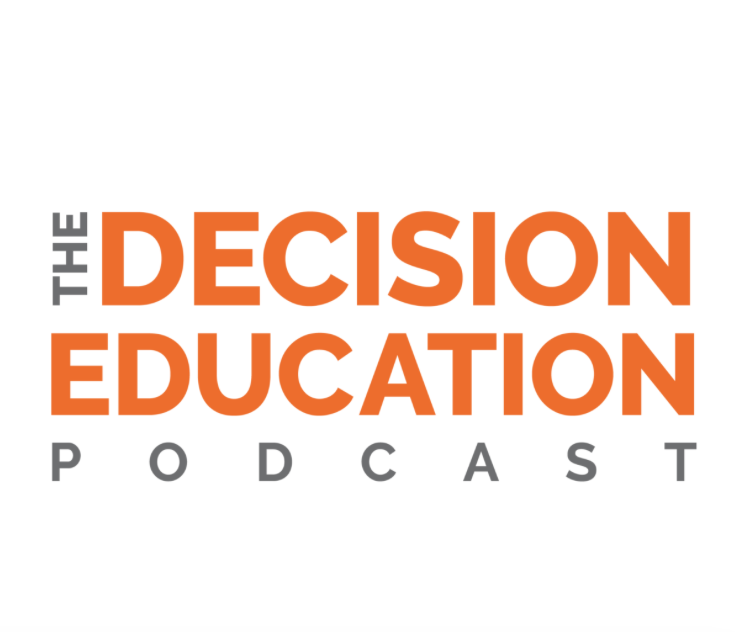
The Decision Education Podcast: The Science of Good Explanation (hosted by Annie Duke)
Why do we crave explanations—and what happens when they lead us astray? In this episode, our host, Annie Duke, sits down with cognitive scientist Tania Lombrozo to explore the psychology of “why.”
Key takeaways include why teaching is one of the most powerful learning tools, how to avoid the trap of “satisfying over correct” explanations, and what conspiracy thinking reveals about our deep discomfort with randomness.on goes here
-

Choiceology with Katy MIlkman: The Truth Is Out There (With Guests Tania Lombrozo & Toby Ball)
Your car breaks down. Must be because you skipped an oil change last month. Or your favorite team loses. Well, that was because of a bad call by a corrupt referee. In reality, many events involve multiple contributing factors. But we tend to gravitate toward single causes.
In this episode of Choiceology with Katy Milkman, we look at our desire to explain things simply, even when the truth may be more complex.
-

Hidden Brain with Shankar Vedantam: The Story of Stories
Why is my friend late? How does nuclear fission work? What occurs when I sneeze? We all need to understand why certain things happen. Some researchers think the drive to explain the world is a basic human impulse, similar to thirst or hunger. This week on Hidden Brain, we begin a three part series on why we tell stories. Psychologist Tania Lombrozo discusses how explanations can lead to discovery, delight, and disaster.
-
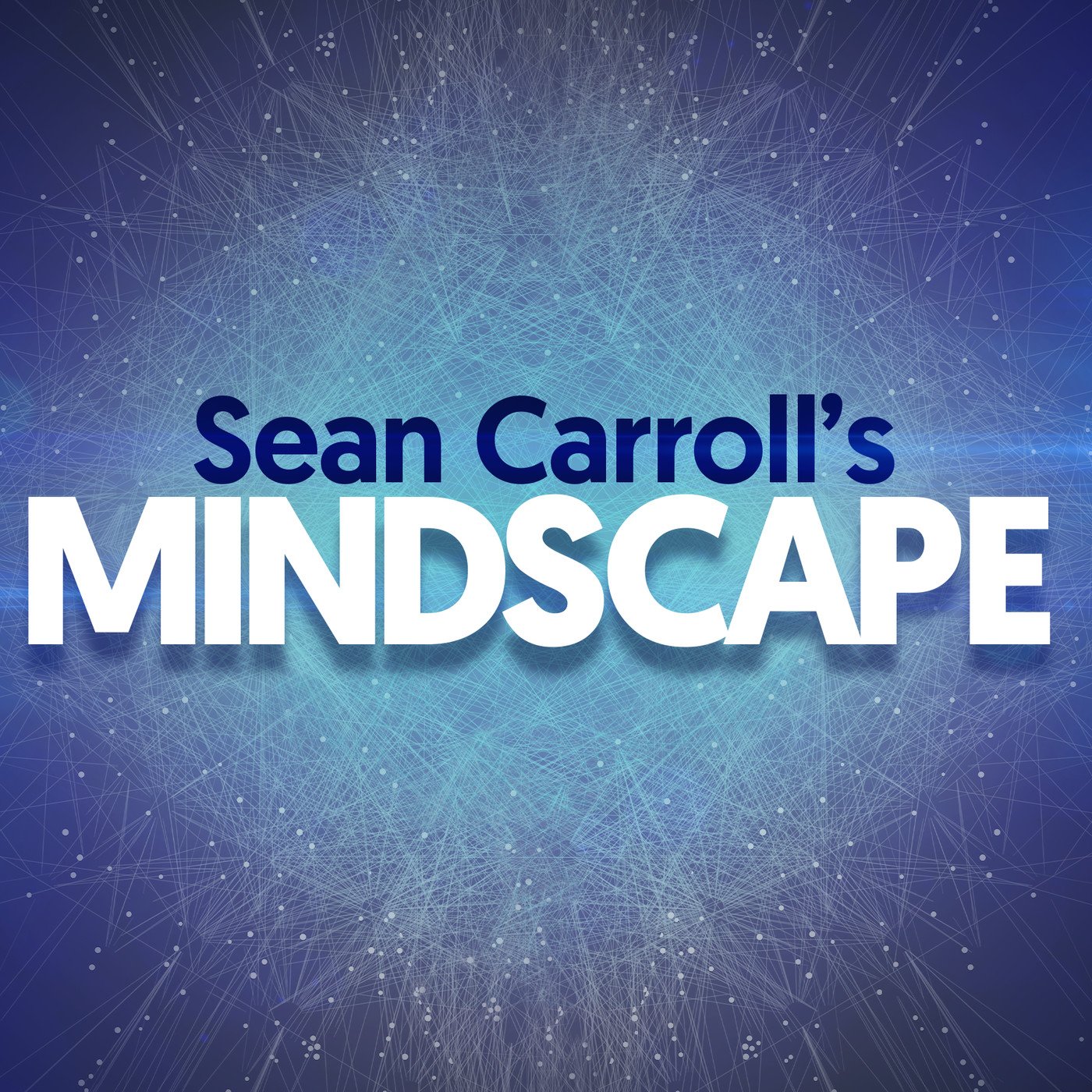
Mindscape with Sean Carroll: What Explanations Are
There are few human impulses more primal than the desire for explanations. We have expectations concerning what happens, and when what we experience differs from those expectations, we want to know the reason why. There are obvious philosophy questions here: What is an explanation? Do explanations bottom out, or go forever? But there are also psychology questions: What precisely is it that we seek when we demand an explanation? What makes us satisfied with one? Tania Lombrozo is a psychologist who is also conversant with the philosophical side of things. She offers some pretty convincing explanations for why we value explanation so highly.
-
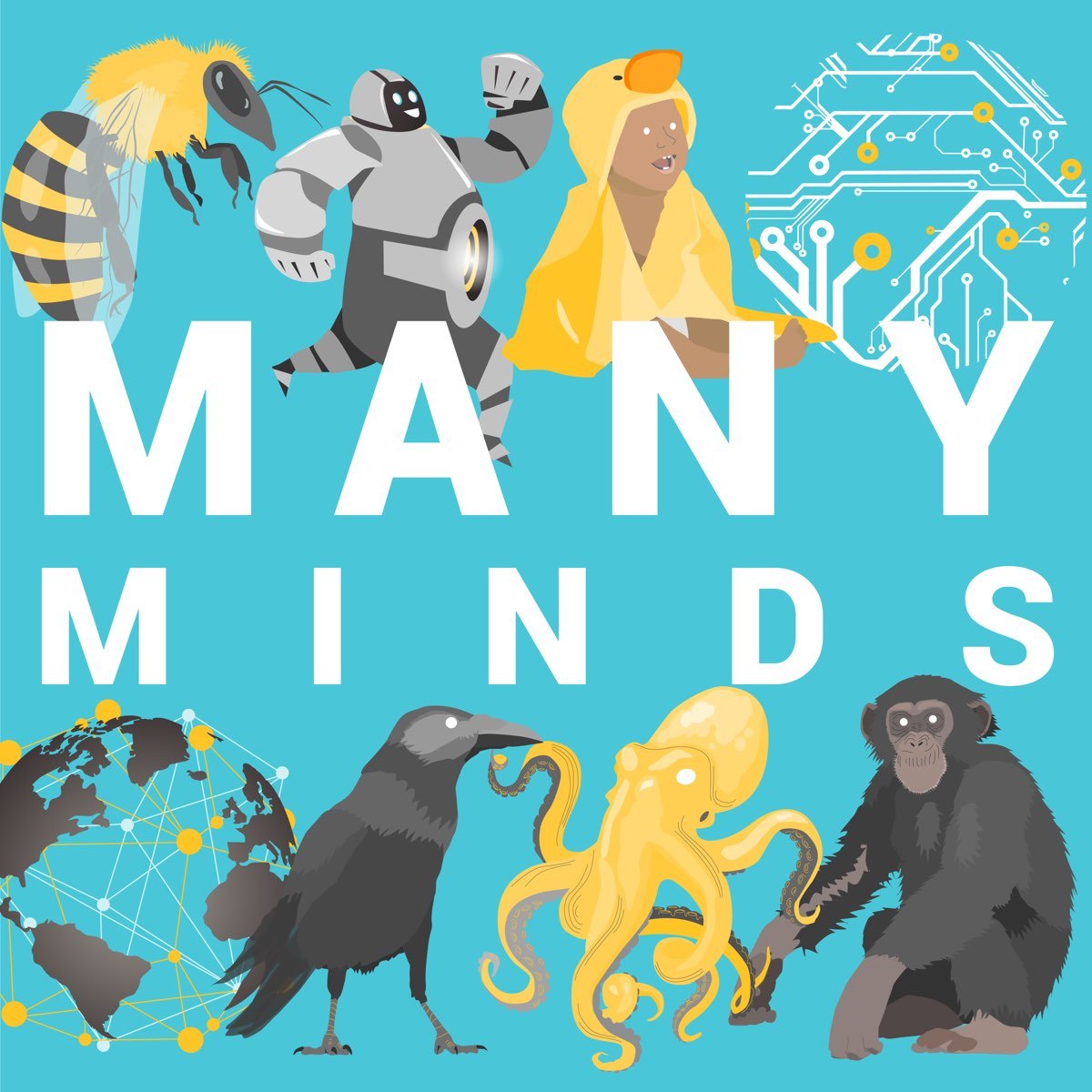
Many Minds with Kensy Cooperidder: A Paradox of Learning
How do we learn? Usually from experience, of course. Maybe we visit some new place, or encounter a new tool or trick. Or perhaps we learn from someone else—from a teacher or friend or YouTube star who relays some shiny new fact or explanation. These are the kinds of experiences you probably first think of when you think of learning. But we can also learn in another way: simply by thinking. Sometimes we can just set our minds to work—just let the ideas already in our heads tumble around and spark off each other—and, as if by magic, come away with a new understanding of the world. But how does this happen exactly? And does it only happen in humans?
-

Brains, Black Holes, and Beyond: Opening up the “Black Box” of Artificial Intelligence Models to Understand Human Cognition
Have you ever wondered how similar information encoding and processing of artificial intelligence (AI) is to our own human brain? How are our minds incredibly energy efficient compared to the bucketloads of energy required to power these sophisticated yet oftentimes naive AI models? These are all questions we explore, and practical advice on how students can get involved in answering these types of questions as well as pursuing interdisciplinary studies! In this episode of Brains, Black Holes, and Beyond, Aanya Kasera sits down with Dr. Leslie and Dr. Lombrozo, professors and researchers who are part of heading the brand new interdisciplinary research initiative, Natural and Artificial Minds (NAM), to learn more about AI models and how that may enrich our understanding of the ever-enigmatic human mind.
-

A Cognitive Revolution: From Language to AI
Homo sapiens was coined to refer to a new species, but it also described an unprecedented cognitive revolution within the animal realm, one that would lead to the invention of technology and scientific abstraction, alongside mythical thinking and representations of the divine. Disciplines such as archeology, evolutionary psychology, and cognitive science have shed new light on the human mind and the decisive role played by the use of language and metaphors in the development of religious belief and rationality. At the same time, they have raised new questions about the future of homo sapiens. Will the exponential development of generative AI systems transform the way we speak, think, and relate to one another? Do we need to tell new stories about what it means to be human? Cognitive psychologist Tania Lombrozo discusses these topics and more with Wisconsin Public Radio's Steve Paulson.
-

Robinson's Podcast: Explanation and Human Psychology
Robinson Erhardt researches symbolic logic and the foundations of mathematics at Stanford University. Join him in conversations with philosophers, scientists, weightlifters, artists, and everyone in-between.
In Episode 65 he interviews Tania Lombrozo.
-

Sacred Science with Rabbi Geoff Mitelman: What We Know and What We Believe
This week, we spoke with Dr. Tania Lombrozo, a Professor of Psychology at Princeton University, as well as an Associate of the Department of Philosophy and the University Center for Human Values. Topics included: what prompts us to believe something, whether that's a religious credo, or a scientific explanation? Are those processes of belief the same or different when we think about religious or scientific answers? What counts as evidence for that belief, and who decides?
-

Sentientism by Jamie Woodhouse: Tania Lombrozo - Psychologist
We discuss the biggest questions: "what's real?", "who matters?" and "how to make a better world?" with scientists, celebrities, activists, writers and philosophers. The Sentientism worldview is "evidence, reason and compassion for all sentient beings." It's a simple, yet radical, philosophy that's grounded in reality (naturalistic epistemology) and has compassion for all sentient beings (mostly human and non-human animals). Naturalism & sentiocentrism combined. Also on YouTube!
-
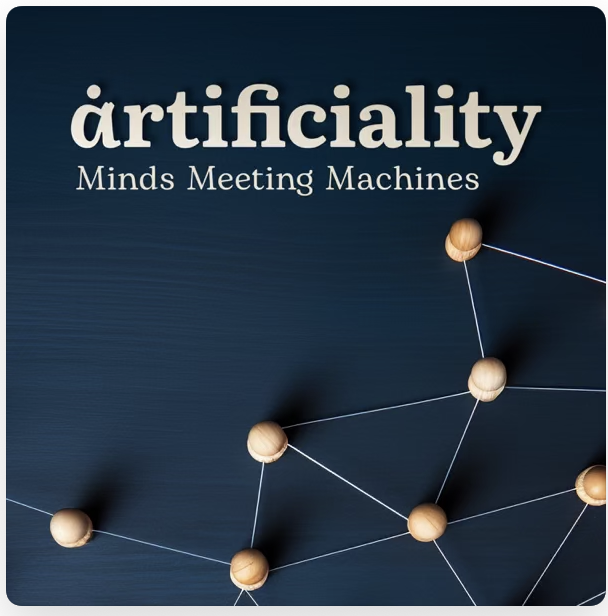
Artificiality by Helen and Dave Edwards: Make Better Decisions
We humans make a lot of decisions. Apparently, 35,000 of them every day! So how do we improve our decisions? Is there a process to follow? Who are the experts to learn from? Do big data and AI make decisions easier or harder? Is there any way to get better at making decisions in this complex, modern world we live in?
…
In this conversation, we talk about our book, our favorite nudges at the moment, and some of the Great Minds who we have interviewed on Artificiality including Barbara Tversky, Jevin West, Michael Bungay Stanier, Stephen Fleming, Steven Sloman and Tania Lombrozo.
-
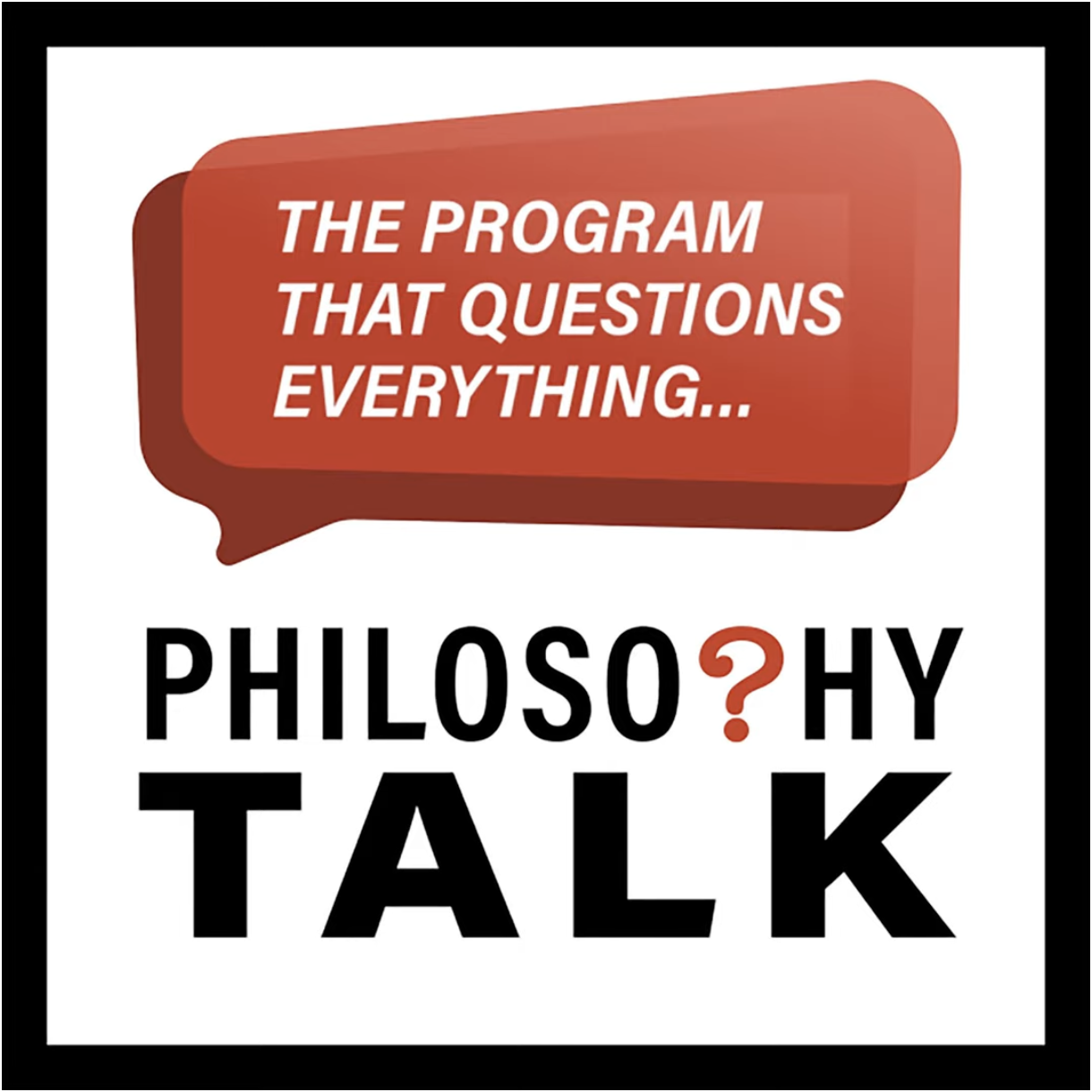
Explanation at its Best: Philosophy Talk episode with Tania Lombrozo
In science as well as everyday life, we often feel the pull of simpler, more elegant, or more beautiful explanations. For example, you notice the street is wet and infer the best explanation is that it rained earlier. But are we justified in assuming these tidy explanations are most likely to be true? What makes an explanation “simple” or “elegant” in the first place? And can the “loveliness” of an explanation ever be a good guide to its “likeliness”? Josh and Ken try to explain things with Princeton University psychologist Tania Lombrozo, co-editor of Oxford Studies in Experimental Philosophy.
-
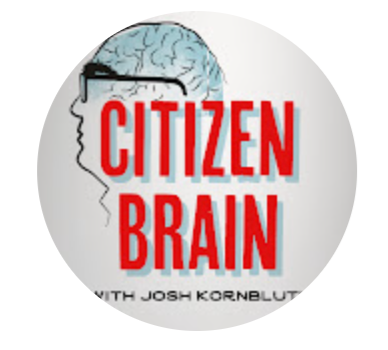
Citizen Brain by Josh Kornbluth : Certainty vs. Doubt
The fifth video in the "Citizen Brain" series explores how we can try to find a balance between the two hemispheres of our brain, so that we can hopefully achieve a productive, cooperative balance in our society as well. Hosted by Josh Kornbluth, an Atlantic Fellow for Equity in Brain Health at the Global Brain Health Institute. Featuring neuroscientists Ian Robertson, Tali Sharot, and Tania Lombrozo.
-

Artificiality by Helen and Dave Edwards: Intuition and Data
Have you ever wondered why we humans love to use our intuition even when we are surrounded by data and we also know that even simple algorithms can be more accurate than human judgment? We put that exact question to Tania Lombrozo, Arthur W. Marks ’19 Professor of Psychology and director of the Concepts & Cognition Lab at Princeton University, and it turns out that the answer is surprisingly complex.
-
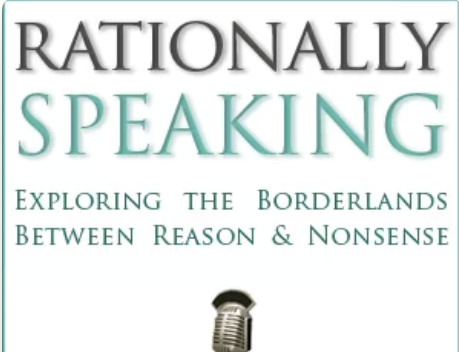
Rationally Speaking with Julia Galef: Why We Evolved the Urge to Explain
Humans have an innate urge to reach for explanations of the world around us. For example, "What caused this tragedy?" or "Why are some people successful?" This episode features psychologist and philosopher Tania Lombrozo, discussing her research on what purpose explanation serves -- i.e., why it helps us more than our brains just running prediction algorithms. Tania and Julia also discuss whether simple explanations are more likely to be true, and why we're drawn to teleological explanations (e.g., "Why does the sun shine? So that plants can grow.")
-

Edge Converstion: Learning by Thinking
TANIA LOMBROZO is a professor of psychology at the University of California, Berkeley, as well as an affiliate of the Department of Philosophy and a member of the Institute for Cognitive and Brain Sciences. She is a contributor to Psychology Today and the NPR blog 13.7: Cosmos and Culture. The Conversation: https://www.edge.org/conversation/tania_lombrozo-learning-by-thinking
-

Science Talk with Steve Mirsky: Why People Believe What They Do
University of California, Berkeley, psychologist Tania Lombrozo talks about why people believe what they do, especially regarding evolution or creationism. Author Steve Miller discusses his new book The Complete Idiot's Guide to the Science of Everything. Plus, we'll test your knowledge of some recent science in the news.